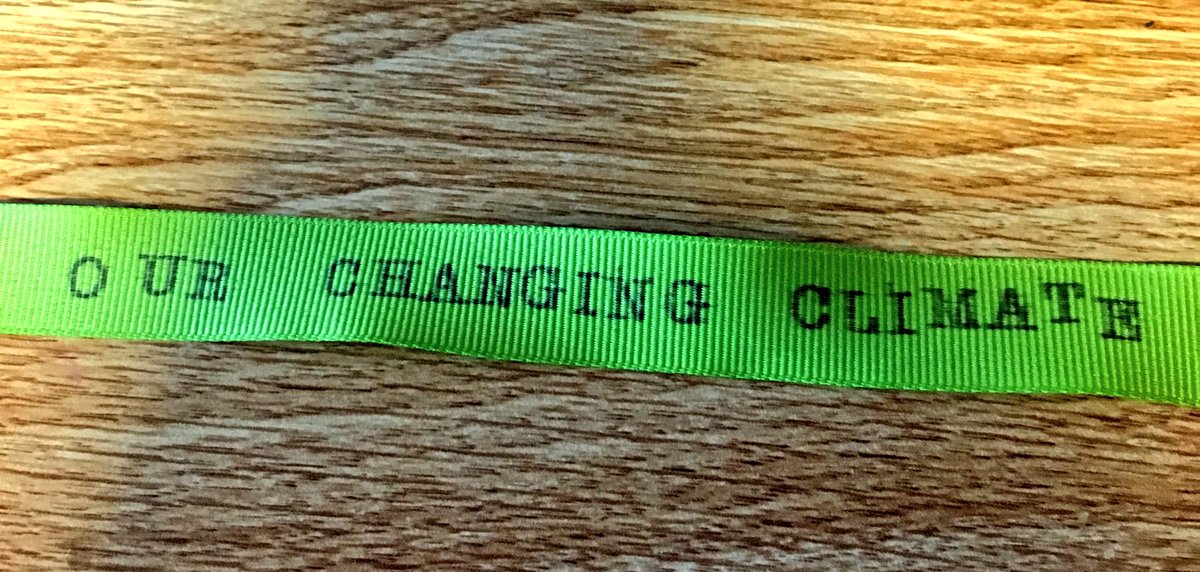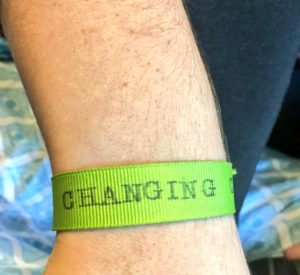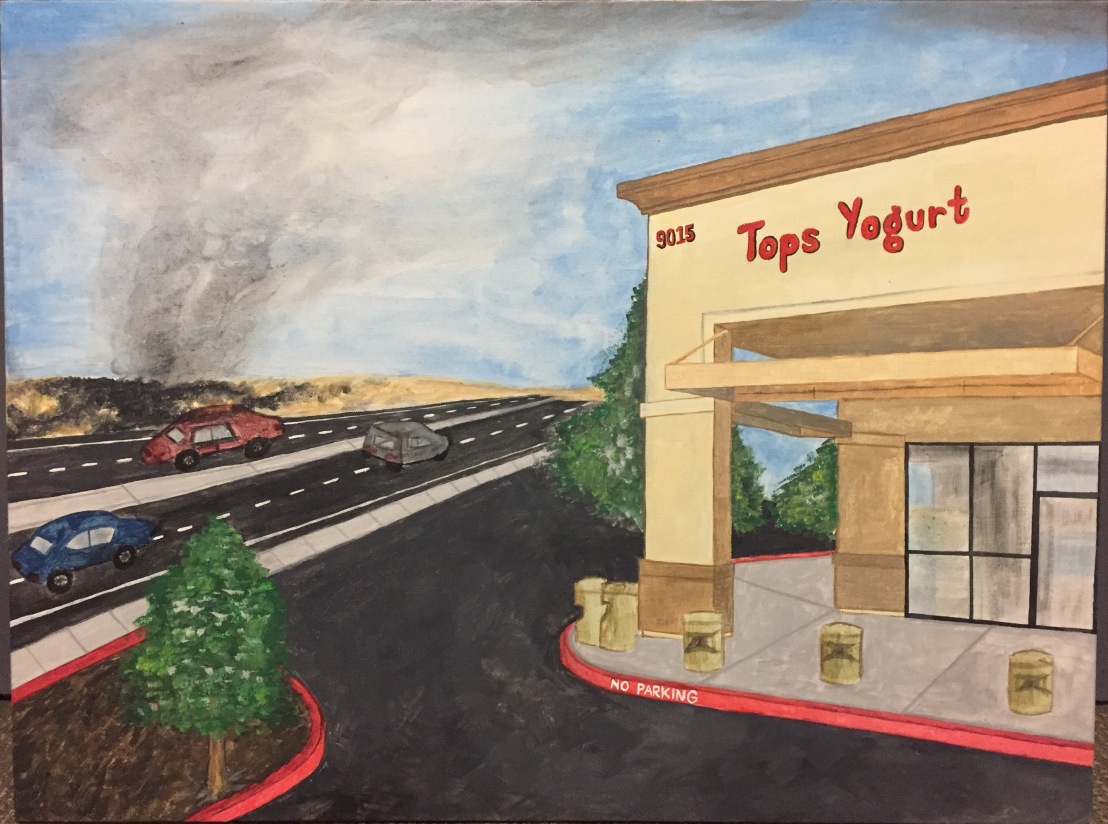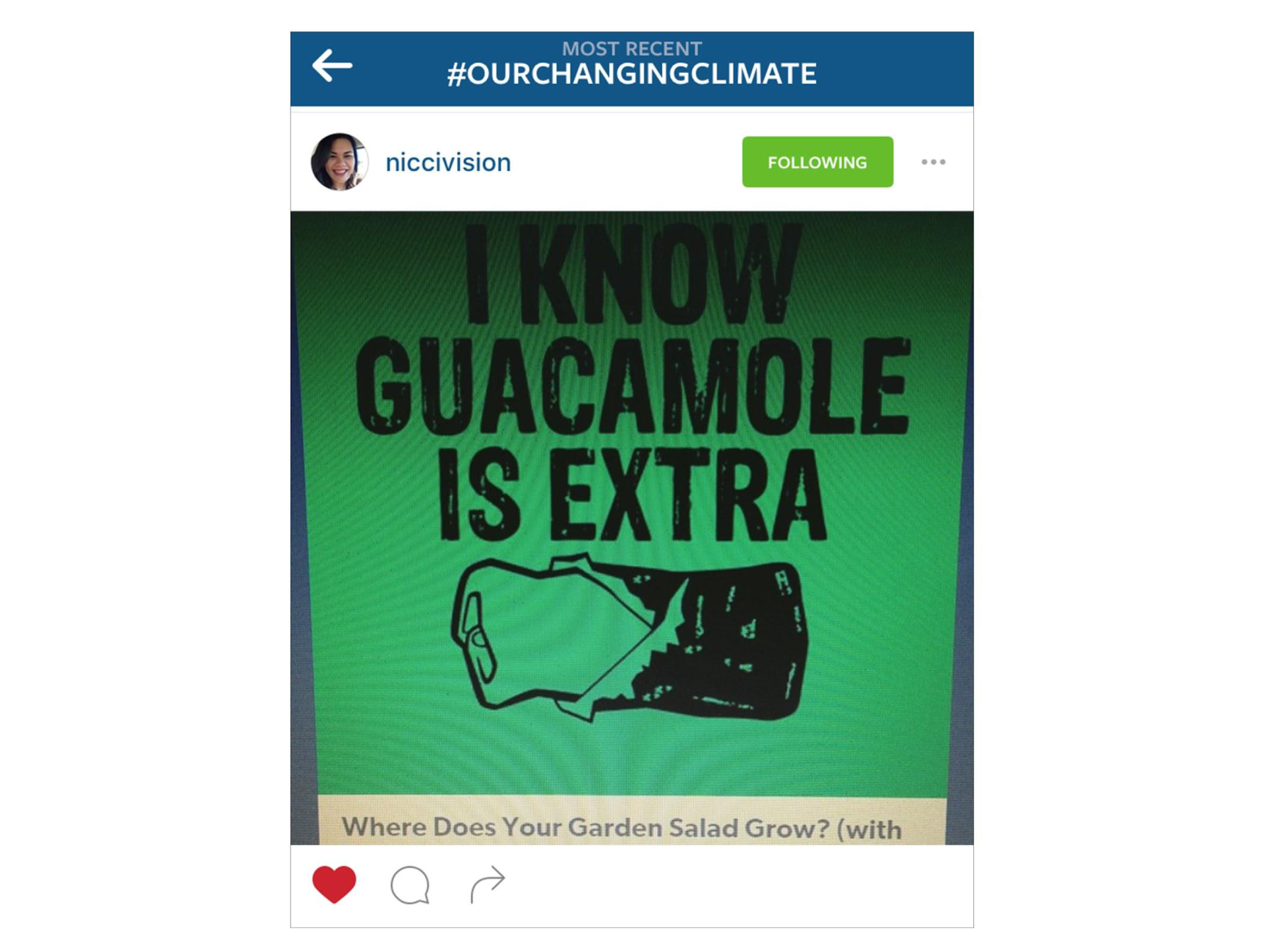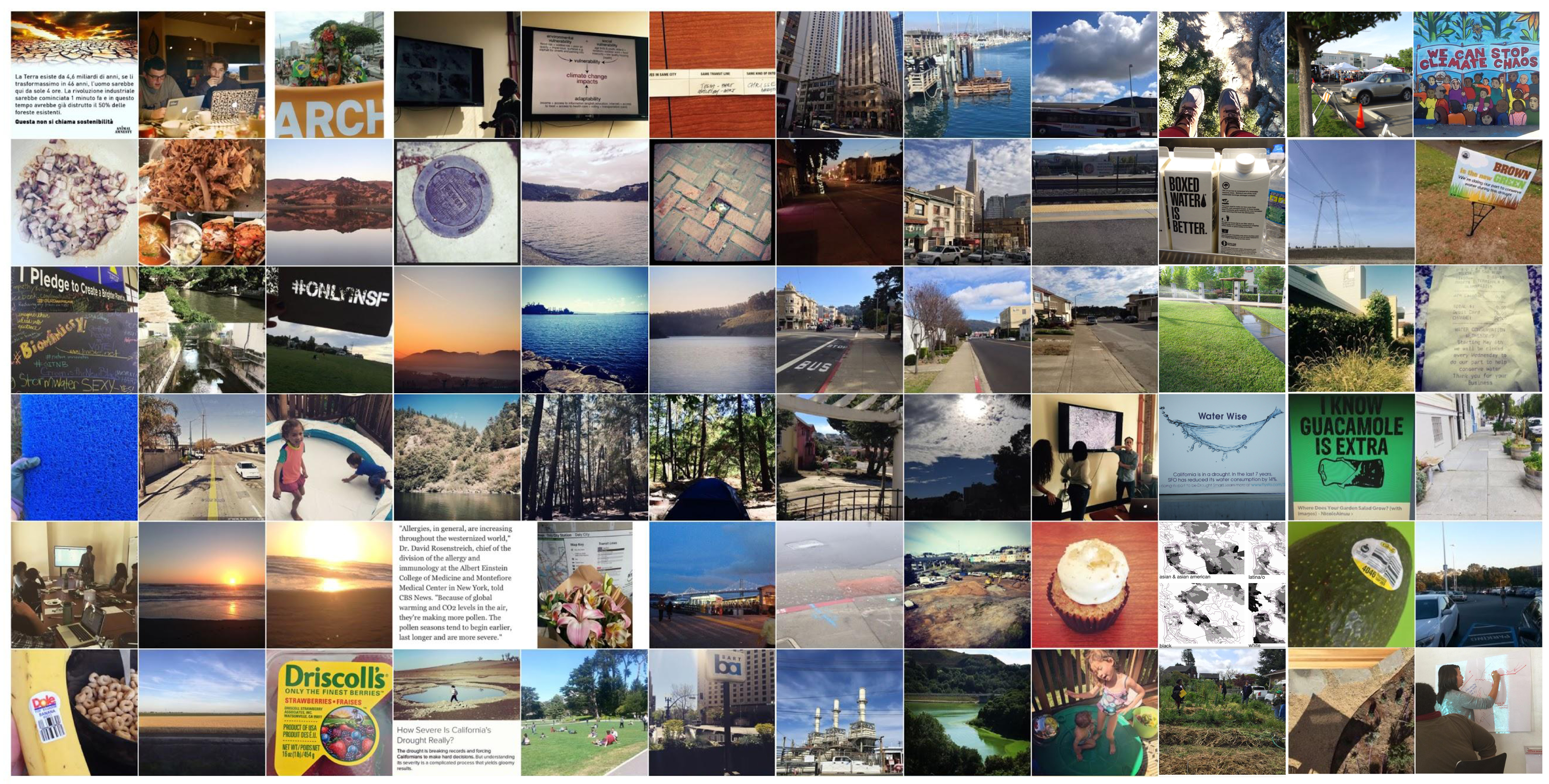
#OurChangingClimate began as a pilot supported by the University of California Humanities Research Institute’s (UCHRI) and the University Office of the President’s (UCOP) 2014 Public Partnerships in the Humanities: Community Engagement initiative and in collaboration with the Oakland-based community organization, Institute for Sustainable Economic, Education, and Environmental Design (I-SEEED). In the pilot phase, researchers conducted two half-day workshops with youth groups affiliated with I-SEEED in the spring of 2015. Workshops were led by 3 university faculty members with expertise in environmental design and participatory methodologies. The first workshop introduced participants to environmental science perspectives on climate change, the methods for reading and interpreting urban landscapes in light of change, and brainstormed ideas for additional indicators relevant to their experiences of their communities. During the six week period between workshops, participants and the researchers contributed representations of climate change through their own social media accounts. Contributions were aggregated through the use of the hashtag OurChangingClimate. In the second workshop, participants and researchers reconvened to analyze themes and meaning in the content they had created and to reflect on the impact of the project on participants. As a final component of the pilot workshops, participants developed digital narratives that exposed the evaluation of their own communities as either resilient or vulnerable to climate change.
